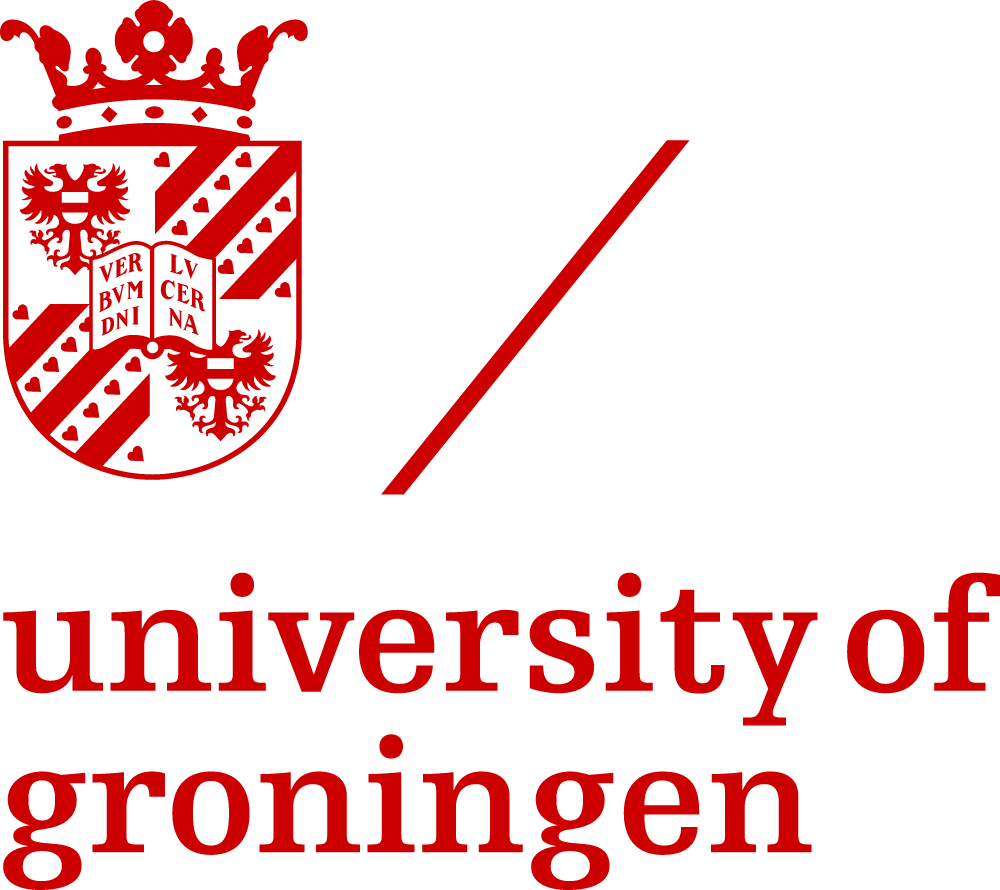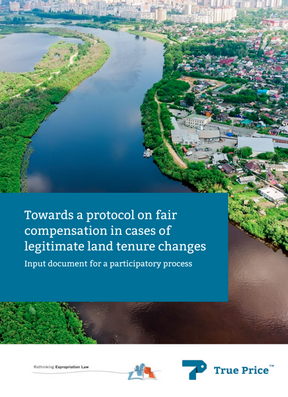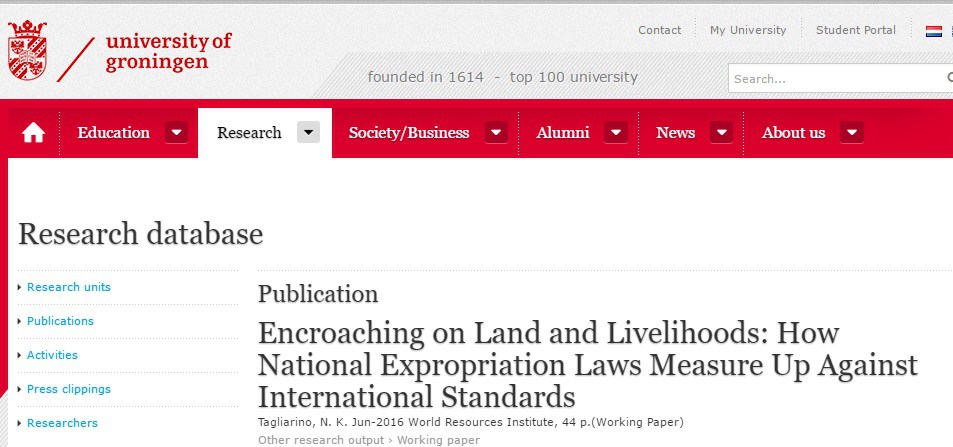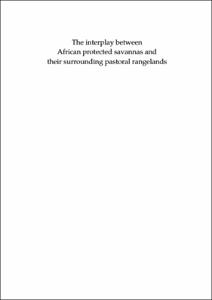The University of Groningen has a rich academic tradition dating back to 1614. From this tradition arose the first female student and the first female lecturer in the Netherlands, the first Dutch astronaut and the first president of the European Central Bank. Geographically, the University is rooted in the Northern part of the Netherlands, a region very close to its heart.
Mission
The University of Groningen is an ambitious international research university with strong roots in the north of the Netherlands. The University creates and shares knowledge through outstanding research and education, and thus benefits society.
Members:
Resources
Displaying 6 - 10 of 10Towards a protocol on fair compensation in cases of legitimate land tenure changes
The Organising Committee of the Dutch Land Governance Multi-Stakeholder Dialogue has commissioned an investigation into the need and possibility to develop a protocol on fair compensation in cases of legitimate land tenure changes, with a focus on expropriation. This is in line with the Ministry’s role in the Land Governance Multi-Stakeholder Dialogue. This dialogue involves government, civil society, business, finance and academia.
Encroaching on Land and Livelihoods: How National Expropriation Laws Measure Up Against International Standards
Encroaching on Lands and Livelihoods considers whether national expropriation laws in 30 countries across Asia and Africa follow the international standards established in Section 16 of the VGGTs. It analyzes laws against a set of 24 indicators (hereinafter “expropriation indicators”) based on the standards established in Section 16 and provides examples of expropriation practices drawn from literature reviews to illustrate the importance of adopting international standards.
Introducing: Farmland Acquisition in China: Governance, Local Practices and International Experiences
How to manage China’s farmland for sustainable development has become a crucial issue of concern for both policy-makers and the wider public. Rural land acquisition has been widely recognized as a complex process of managing conflicts among stakeholders, which has been a major constraint to equitable development and good governance.
Zambia: Conversions of Customary Land to Leasehold Title
Zambia recognizes two types of land tenure: customary and leasehold tenure. While historically the majority of land in Zambia has been held under customary tenure, leases (also called leasehold titles) are the only legal means of holding land rights. In 1995, a new Land Act was passed, which makes it easier for investors to acquire leasehold titles to customary land. When an investor obtains a leasehold title to customary land, the customary land reverts to the state once the lease expires and is thereafter governed by statute.





